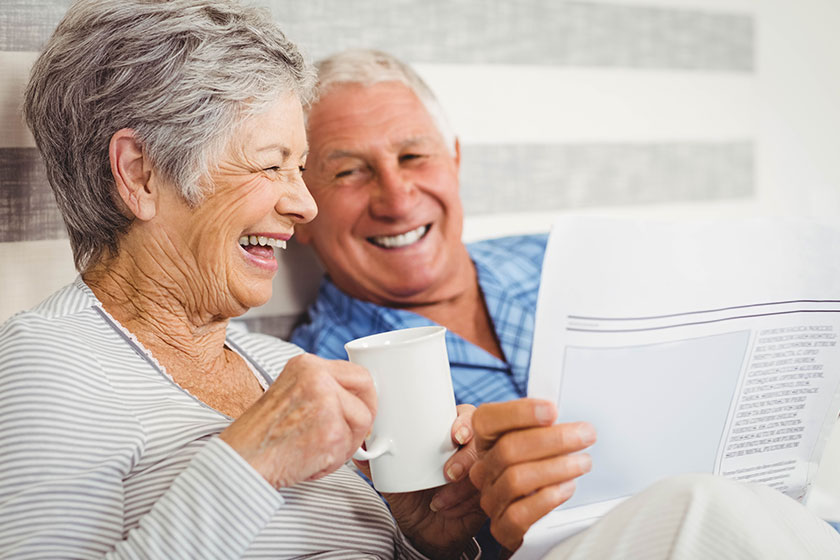The holidays are a joyous time of year for many people, what with all the celebrations, feasts, and fun rituals that bring families and friends together. However, for the elderly in senior home living in Malvern, PA, the holidays may be the most difficult time of year as they grieve for their departed loved ones. It is not uncommon for elderly people to feel lonely and depressed because of the distance from their families, making it difficult for them to do things like go shopping, cook, or decorate their homes.
About one-quarter of people aged 65 and up experience depression. An overwhelming majority of Americans over 65 report feeling lonely and isolated. Additionally, nearly a third of all non-institutionalized American elderly live independently.
Holiday Blues VS. Depression
The post-holiday blues typically dissipate with the passing of the season. The lower amount of daylight around the winter holidays is a contributing factor to the holiday blues. Continued sadness after the end of the season may be an indicator of depression.
Depression in the elderly is frequently misdiagnosed as something else that comes with age. The U.C. Davis Department of Psychiatry and Behavioral Sciences estimates that 50% of all depressive episodes are brought on by stress-inducing occasions like the holidays.
Signs of Depression
- Loss of appetite.
- Extreme sleepiness due to exhaustion. This is the body’s way of protecting itself from the world.
- Problems focusing.
- Isolation: The elderly might cease doing regular things like going to church.
- Older people are less likely to show emotion than younger people (unlike young adults with depression).
- Drug and alcohol abuse.
- Being hostile, critical, and sarcastic about the holiday spirit of others.
Battling Holiday Blues
- The elderly should be encouraged to exercise, as this has been shown to not only improve their mood but also to have the same effect on brain chemistry as antidepressants.
- Alcohol is a recognized depressive. Hence, consumption should be moderate. Caregivers can make residents a jolly holiday toast with eggnog or flavored hot chocolate.
- Do not go into debt trying to buy everyone on your list a gift. Yes, it is nice to help people out, but if money is tight, it might add unnecessary stress. Instead, caregivers can assist residents in creating and sending out handwritten greeting cards.
- Maintaining social contacts – Spend some time helping others with your caregiver. Research shows that doing so can have a significant impact on both mood and feelings of self-worth. The elderly can benefit from having their caregivers instruct them in the use of technology such as computers and cell phones so that they can maintain close contact with friends and family. They can get the elderly out of the house and into the holiday spirit by taking them into the common spaces for community activities.
- Try to understand the elderly’s perspective and just listen to them. This may be all that is needed to help them through the season’s sadness. Caregivers can keep the elderly’s festive expectations in check and encourage them to enjoy the present by engaging in conversation with them.







